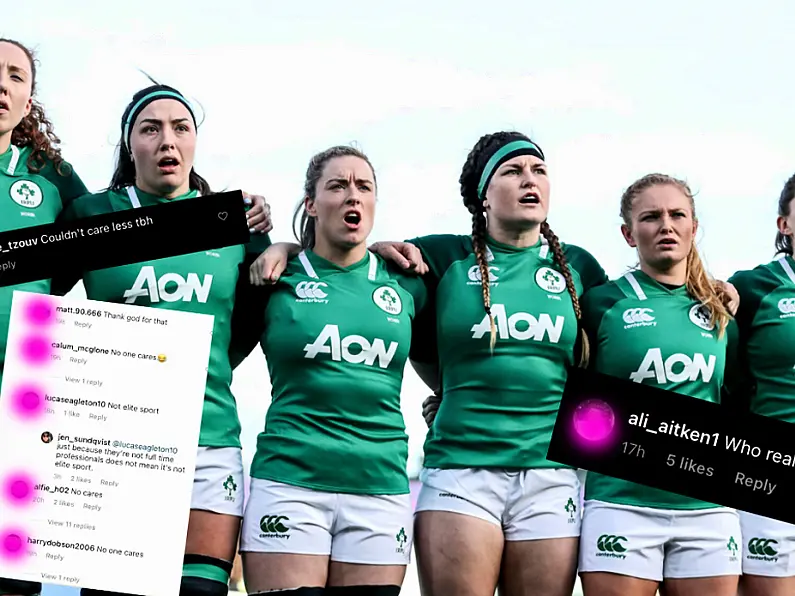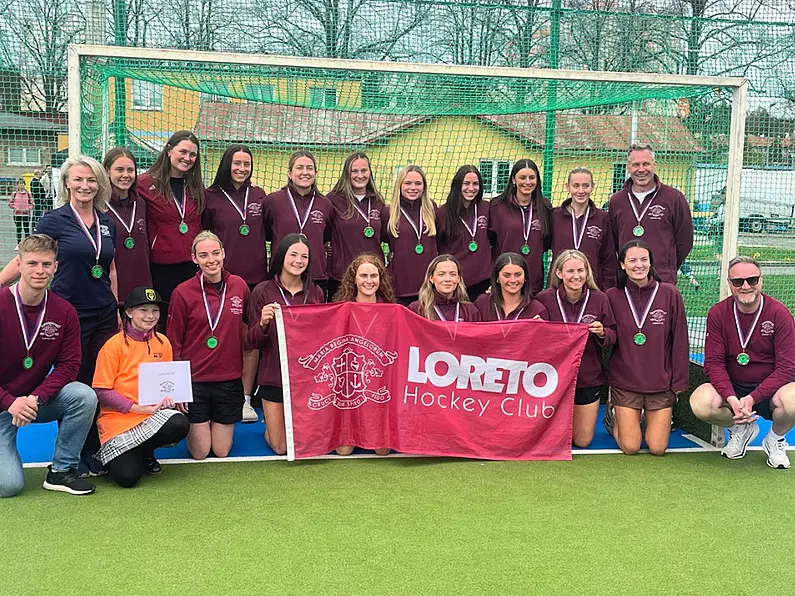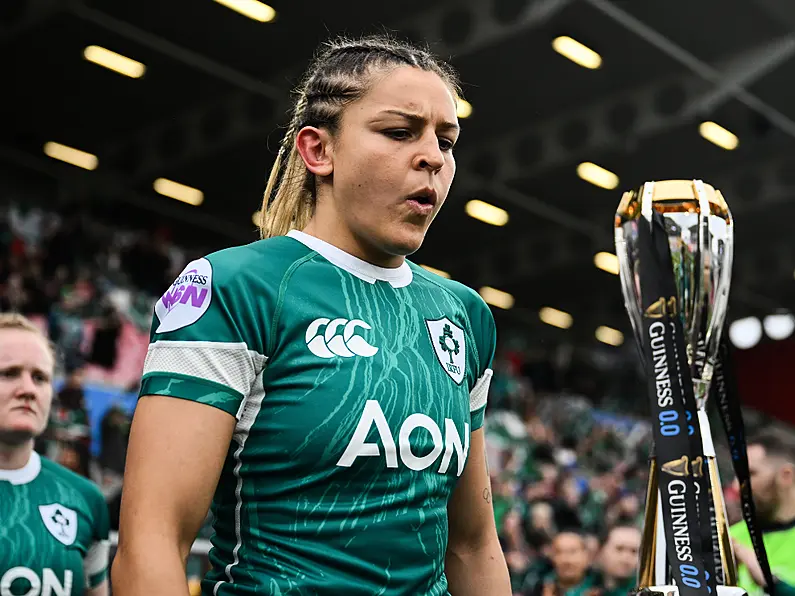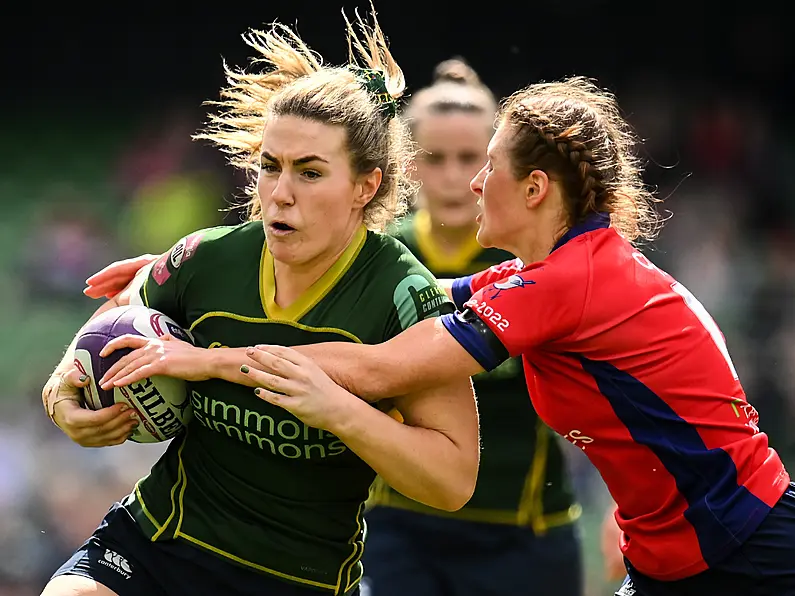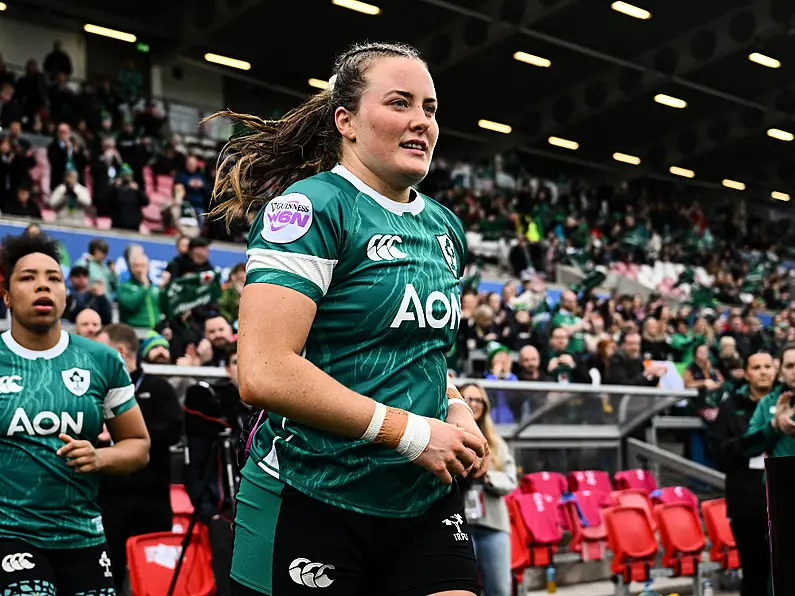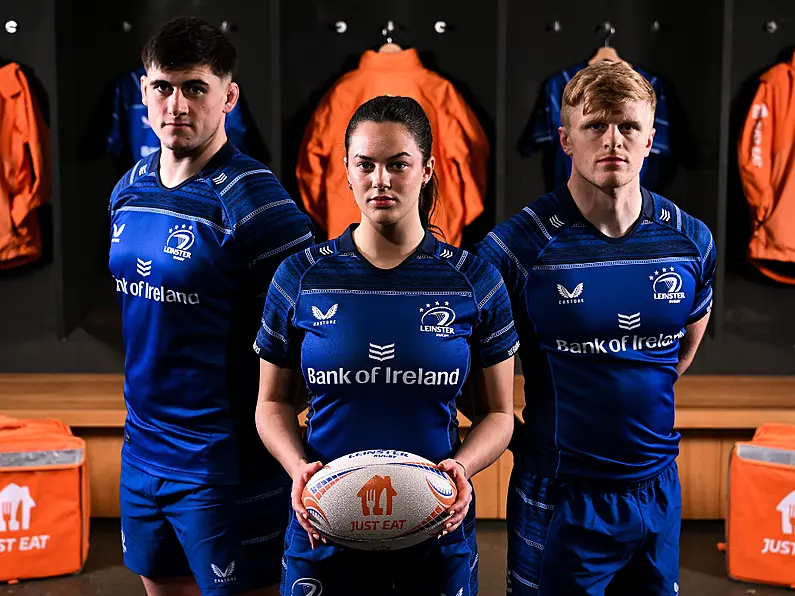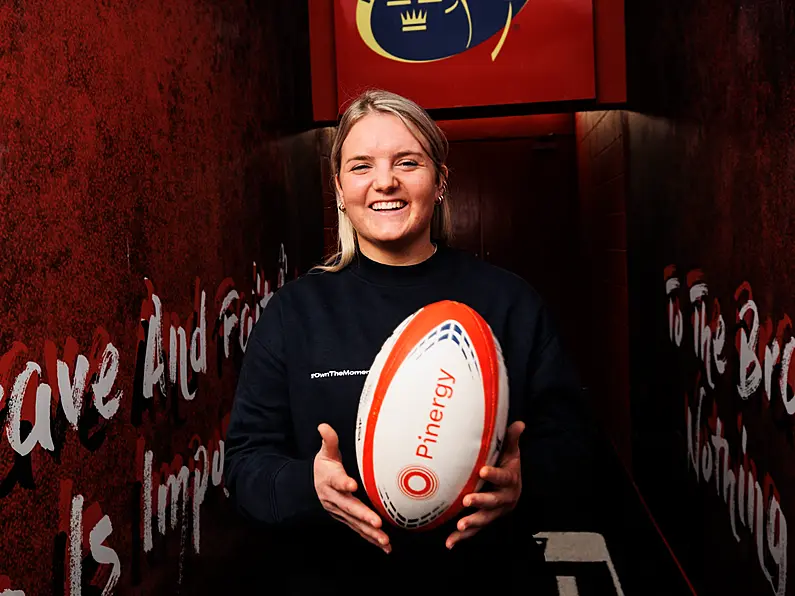When the Women’s Six Nations was postponed earlier this year, a lot of online trolls were asking ‘who cares?’ After a couple of incidents, Irish International and Harlequins Rugby player Anna Caplice, joined the Tackle Your Feelings campaign, encouraging people to #BeKind online.
Don’t usually make posts like this but ngl I’m j beyond annoyed and frustrated at this. Women’s sports struggles to make itself known in the media on a good day and the fact you have all these people commenting “who cares” etc is appalling. Do better. #SixNations pic.twitter.com/VWMO5ScEXw
— anna mai | blm (@anna_hotchkiss) January 14, 2021
Recently, Twitter has earned a reputation as the social media platform for abuse. It just takes a few minutes scrolling through Twitter after a game or underneath posts to see the toxic content that has become a norm.
Often, women’s sport is victim of this trolling and abuse - a study conducted by the BBC last year revealed that almost a third of elite sportswomen in the UK received online abuse by trolls on social media channels.
For Anna Caplice, the lack of respect and understanding from the people behind the comments pushed her to speak out and challenge them.
“Often those comments don’t affect us,” said Caplice.
“We know those people have no understanding of what we do and how we do what we do. The fact that we work full-time alongside training and playing, we know that a lot of the time they don’t understand it…. But there are sometimes that it just irks you a little bit.”
“It can ebb away at you. I sent out a Tweet back in January off the back of a social media post that Sky Sports posted about the postponement of the Women’s Six Nations. A lot of people had written underneath that they did not care.”
“When there are so many comments like that, one after the other after the other, to try and get a laugh or to feel better about themselves and putting someone else down, it kind of got to me and it got to a few of my teammates. A lot of girls including the Welsh, English and French had responded back to this.
even stronger; the time away from family and friends; the cards sent with apologies because you can't be at your best friend's wedding or birthday. If only you had a fraction of understanding of what it takes to play in the Six Nations you wouldn't dare comment so flippantly.
— Anna Caplice (@bananacaplice) January 17, 2021
“I Tweeted that you ‘wouldn’t comment like this if you knew what it takes.’ The response from my Tweet was massive because probably people don’t know what it takes or what it means to play in a Six Nations.
“By you saying you don’t care, or putting out the message that you shouldn’t care, means that what I do in my life and what I’ve achieved and everything I’ve worked for... it’s invalidating that somehow.”
While there are certainly plenty of positives from social media, it has also enabled the instantaneous access and global reach of fans to voice their opinion in a public forum. Combine this with a sense of anonymity or perception of anonymity online – hiding behind a screen has enabled people to say things they probably wouldn’t say in real life.
While fans might may believe that their comments will get lost among thousands of others - many athletes actually do scroll through social media and are human just like the rest of us. Even the biggest superstars in the world find time to fight trolls on social media. NBA superstar, Kevin Durant famously created burner Twitter accounts to respond to his critics.
BBC presenter Clare Balding now refuses to cover men's football because of the 'vile abuse' female pundits suffer on 'toxic' social media. "Any woman who pops up on a football programme offering expertise, or in the role of presenter, will be opening the door to such vile abuse on social media”, said Balding.
